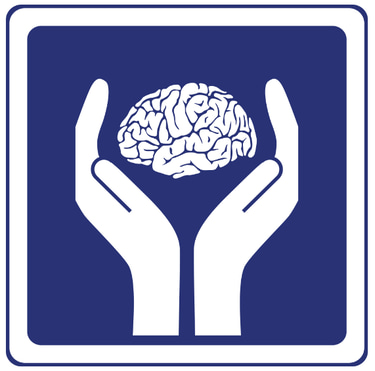Get much needed help ...
Triceps Strengthening After Stroke: What Science Says Works
After a stroke, regaining arm function is crucial for independence. While much focus is placed on hand and shoulder rehabilitation, the triceps muscle plays a vital role in reaching and pushing activities. But does triceps strengthening really work, and what should you do?
1/31/20251 min read


Research Says Yes! Studies show that targeted triceps strengthening can improve arm function post-stroke. A 2021 systematic review by Harris et al. found that strengthening the triceps not only improved elbow extension but also contributed to better reaching abilities and functional tasks.
What Works Best?
Progressive Resistance Training Research by Pak and Patten (2018) demonstrated that gradually increasing resistance through:
Theraband exercises
Weight cuffs
Machine weights significantly improved triceps strength when done 3 times weekly.
Functional Training Studies from the StrokeEd database (2023) show better results when combining:
Push-up movements against a wall
Table push-ups from sitting
Opening heavy doors
Supporting body weight during transfers
Neuromuscular Electrical Stimulation (NMES) Kim and colleagues (2020) found that combining NMES with active exercises enhanced triceps activation and strength more than exercises alone.
Key Points for Success:
Start in supported positions to isolate triceps
Progress gradually from gravity-eliminated to anti-gravity positions
Combine strengthening with functional tasks
Practice 3-4 times weekly for optimal results
Monitor fatigue and form
Remember: Strengthening should not increase tone or trigger synergy patterns. Work with your therapist to find the right approach for your specific condition.
Note: Always consult your healthcare provider before starting any exercise program. Research citations should be verified through appropriate medical databases.
